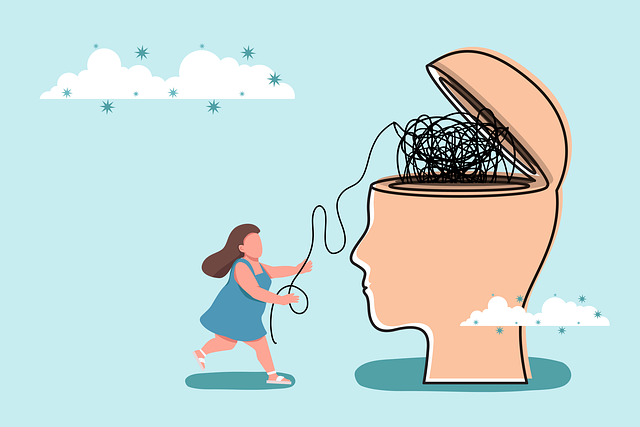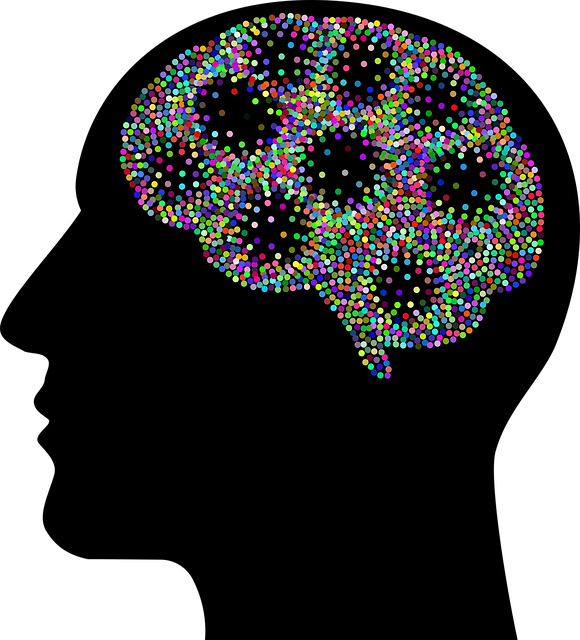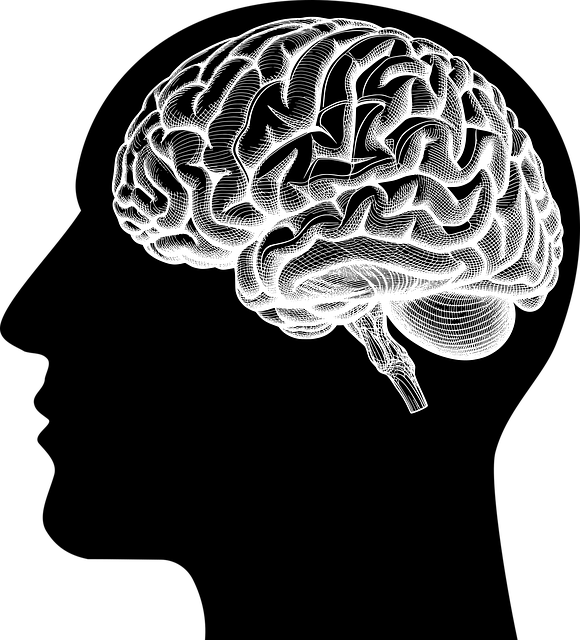Social skills training through Littleton Interpersonal Issues Therapy (LIIT) is a powerful tool for managing anxiety, depression, and other mental health conditions by addressing interpersonal challenges. LIIT equips individuals with communication techniques, empathy, conflict resolution strategies, and self-care practices to navigate social situations effectively, reducing isolation and worsening symptoms. By improving self-expression, interpretation of social cues, and peaceful conflict resolution, individuals gain resilience, build confidence, and enhance overall well-being in both personal and professional relationships. This holistic approach combines structured sessions, role-playing, community outreach, and trauma support to foster connection, emotional regulation, and a higher quality of life.
Social skills training is a powerful tool in mental health recovery, addressing crucial interpersonal challenges often overlooked. This comprehensive guide explores how enhancing communication and relationship-building abilities can significantly improve outcomes for individuals with various conditions.
We delve into the Littleton Interpersonal Issues Therapy (LIIT) approach, offering a structured framework for navigating complex social dynamics. Through practical strategies and inspiring case studies, this article provides valuable insights into harnessing the transformative potential of social skills training in clinical practice.
- Understanding the Role of Social Skills in Mental Health Recovery
- Identifying Common Interpersonal Challenges Across Various Conditions
- The Littleton Interpersonal Issues Therapy Approach: A Comprehensive Framework
- Practical Strategies for Enhancing Communication and Relationship Building
- Case Studies: Success Stories of Social Skills Training in Clinical Practice
Understanding the Role of Social Skills in Mental Health Recovery

Social skills play a pivotal role in mental health recovery, often overlooked yet immensely powerful. Individuals facing challenges like anxiety or depression frequently struggle with interpersonal interactions, leading to isolation and exacerbating their conditions. Effective communication, empathy, and conflict resolution techniques are essential tools for navigating social situations and fostering meaningful connections. In the context of Littleton Interpersonal Issues Therapy, professionals guide clients towards understanding and managing their emotions during social exchanges, providing crisis intervention guidance when needed.
By learning and practicing these skills, individuals can gradually improve their ability to express themselves, navigate social cues, and resolve conflicts peacefully. This not only enhances their overall well-being but also paves the way for better anxiety relief and improved quality of life. Conflict resolution strategies, in particular, empower individuals to handle difficult interactions constructively, thereby reducing potential triggers that may lead to relapses or further distress.
Identifying Common Interpersonal Challenges Across Various Conditions

Mental health conditions can manifest different interpersonal challenges, yet many share common ground. Individuals battling anxiety disorders, for instance, might struggle with initiating or maintaining conversations due to fear of judgment or social situations triggering panic attacks. Similarly, those dealing with depression often experience difficulty in expressing emotions and engaging in meaningful interactions, leading to social isolation. This is not limited to anxiety and depression; conditions like schizophrenia can cause challenges in understanding others’ perspectives, impacting communication and relationships. In the context of Littleton interpersonal issues therapy, these shared difficulties offer a starting point for targeted interventions.
Effective social skills training focuses on empowering individuals with coping skills development, including conflict resolution techniques, to navigate these interpersonal hurdles. By learning self-care practices that foster healthy interactions, participants can build resilience against social anxieties and improve their ability to engage in supportive relationships. This holistic approach ensures individuals not only manage their symptoms but also thrive in social environments, enhancing overall well-being.
The Littleton Interpersonal Issues Therapy Approach: A Comprehensive Framework

The Littleton Interpersonal Issues Therapy (LIIT) Approach is a comprehensive framework designed to address social skills and interpersonal challenges often associated with mental health conditions. This therapy model emphasizes the intricate link between personal interactions, emotional well-being, and overall mental health. By focusing on interpersonal issues, LIIT aims to empower individuals to navigate social situations more effectively, thereby promoting positive thinking and improved emotional resilience.
The approach involves a structured series of sessions that cover various aspects of interpersonal communication, conflict resolution, assertiveness training, and stress management workshops. These techniques are tailored to help clients build and strengthen social skills, manage stress, and foster healthy relationships. Through LIIT, individuals learn practical emotional well-being promotion techniques that enable them to handle social interactions with greater confidence and poise, ultimately enhancing their overall quality of life.
Practical Strategies for Enhancing Communication and Relationship Building

Effective communication and relationship building are essential components of recovery for individuals managing mental health conditions.
Social skills training offers practical strategies to navigate interpersonal interactions with confidence. Through role-playing scenarios, participants learn to express their needs assertively, interpret nonverbal cues, and resolve conflicts constructively. These techniques foster healthier relationships, both personal and professional, enhancing overall well-being. At our Littleton Interpersonal Issues Therapy center, we prioritize these skills development, equipping individuals with the tools to thrive in social environments and build supportive networks crucial for sustained recovery. Community Outreach Program Implementation and Trauma Support Services are integral parts of our holistic approach, encouraging connection and resilience.
Case Studies: Success Stories of Social Skills Training in Clinical Practice

Social skills training has proven to be a powerful tool for individuals navigating mental health conditions, as evidenced by numerous case studies highlighting its success in clinical practice. One notable example is the Littleton Interpersonal Issues Therapy approach, which focuses on addressing interpersonal problems and improving social functioning. This therapy model has shown remarkable results in helping clients develop coping skills and enhance their emotional well-being.
Through a structured curriculum, patients learn effective communication strategies, assertiveness techniques, and emotional regulation methods. By practicing these skills in therapeutic settings and eventually applying them in real-life situations, individuals can improve their relationships, manage stress, and foster a sense of belonging. The positive outcomes observed include increased social support, better self-esteem, and improved overall emotional regulation capabilities, ultimately contributing to enhanced mental health and quality of life.
Social skills training, as exemplified by the Littleton Interpersonal Issues Therapy approach, plays a pivotal role in mental health recovery. By addressing common interpersonal challenges across various conditions, this comprehensive framework empowers individuals to navigate social situations more effectively. Practical strategies for enhancing communication and relationship building further bolster the benefits of such training. Through real-world case studies, it’s evident that social skills training can lead to significant improvements in quality of life, offering hope and support for those on their mental health journey.











